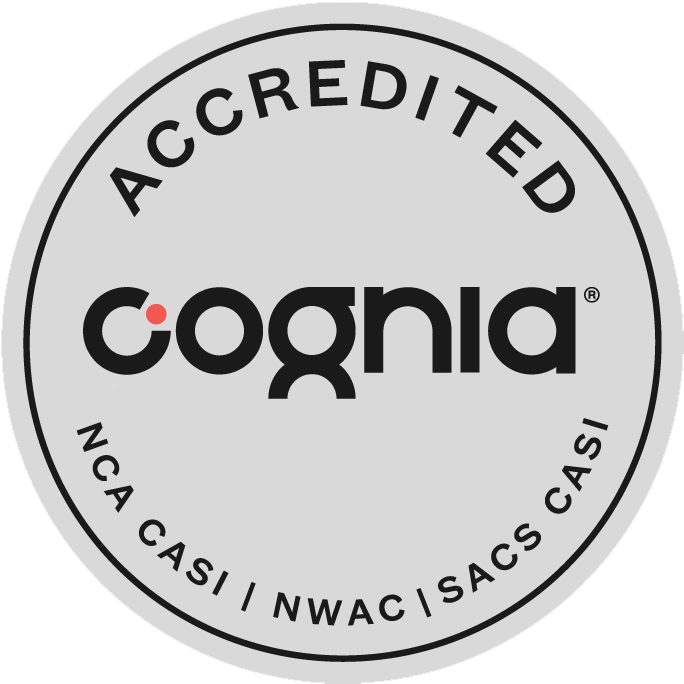
While academic rigor is of the utmost importance at CRD, it is incomplete without substantive character formation. Character traits are one of the biggest predictors of success (Duckworth, 2007), and we endeavor to cultivate these positive character traits in our students through instruction, discussion and reflection. To this end, we integrate character development throughout the student experience, including the classroom, the work study program, and extracurricular activities. CRD accomplishes this integration by helping students develop an appreciation for the importance of character and reinforcing the qualities of a good character.
Good students strive for good character, but what is “good character?” Good character traits and values are universal – they overlap religions, cultures and communities. To ensure the success of our community, we adhere to these universal values and traits and integrate them into all aspects of the school community. In particular, we believe in the power of modeling and teaching a growth mindset (Dweck, 2014). With a growth mindset, our students will (1) believe that their most basic abilities and skills can be developed through hard work and dedication, (2) be more resilient to setbacks, love to learn, and set high standards for themselves and others, and (3) be dependable and honest with one another and aware their needs for spiritual, emotional, and academic support.
Through cultivating students’ inherent good character through our Character Formation Program, we create a positive school culture that inspires every student to achieve personal growth and academic success. This Program takes several forms beyond its integration into daily instruction. For example, small groups of students meet with advisors in a more relaxed, single-sex environment to reflect on their own personal character growth, share joys or concerns at work or in school, and, most importantly, make meaningful connections with each other. In addition, our character education program offers large group presentations from guest speakers, including our CWSP partners, staff, parents, and other community leaders. Finally, our counselors focus on the socio-emotional health of our students and families by offering individualized, solution-focused therapy, support groups, and social services.
Thus, character formation is the lynchpin that will provide our community with a strong foundation as we aspire to shape our students into moral and productive citizens in the 21st century.
Dweck, Carol. Department of Psychology. Stanford University. Web. 24 July 2014.
[https://web.stanford.edu/dept/psychology/cgi-bin/drupalm/cdweck]
Duckworth, Angela L. The Duckworth Lab. University of Pennsylvania. 2007. Web. 24 July 2014. [https://sites.sas.upenn.edu/duckworth]
